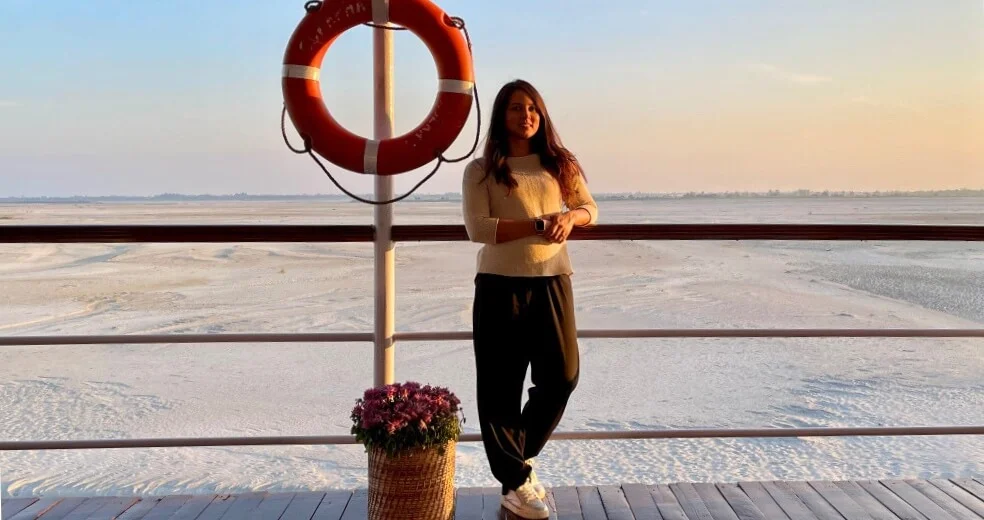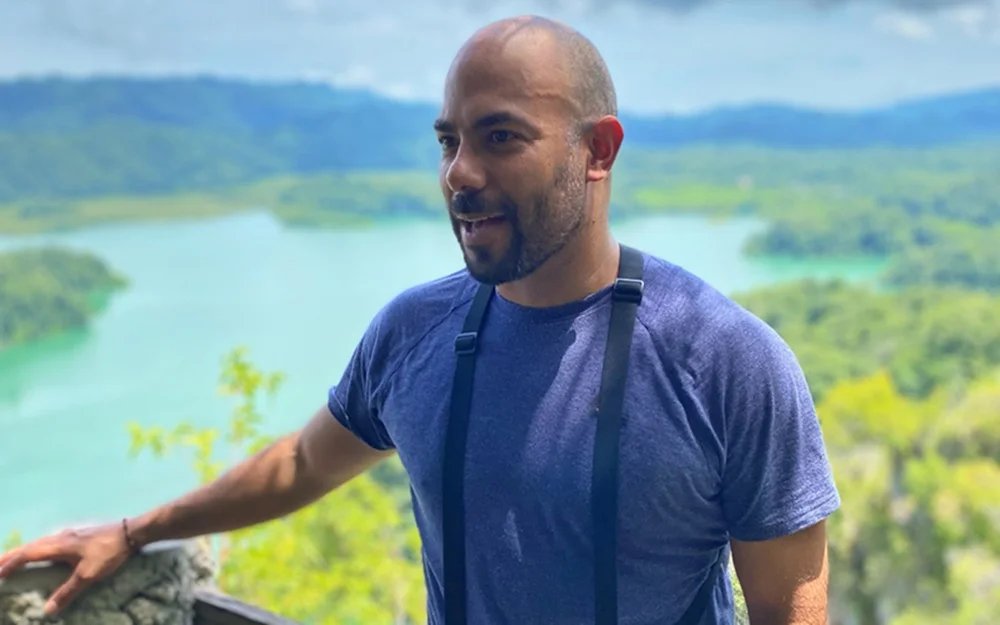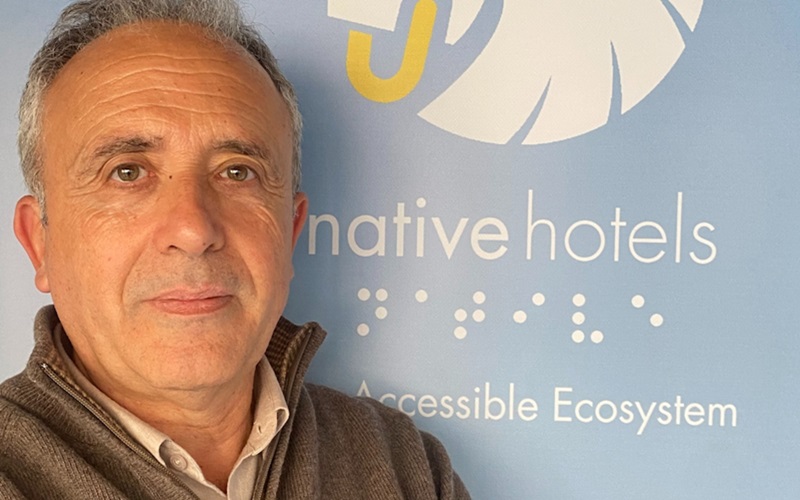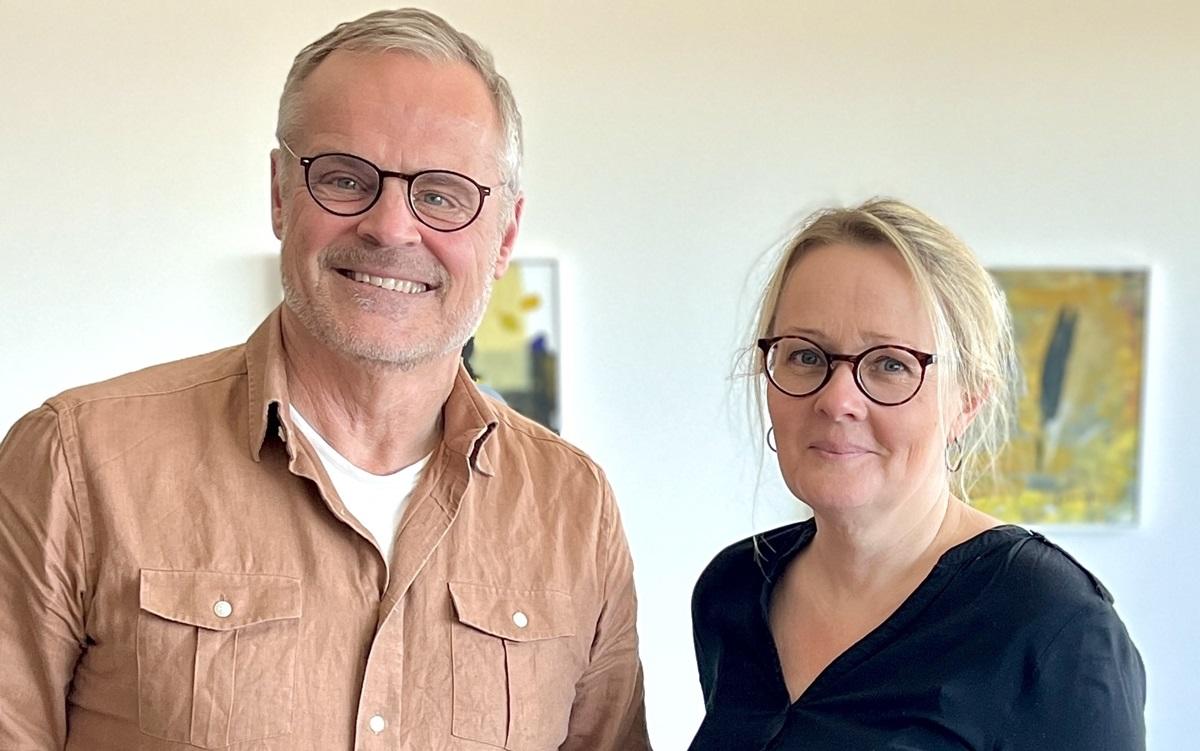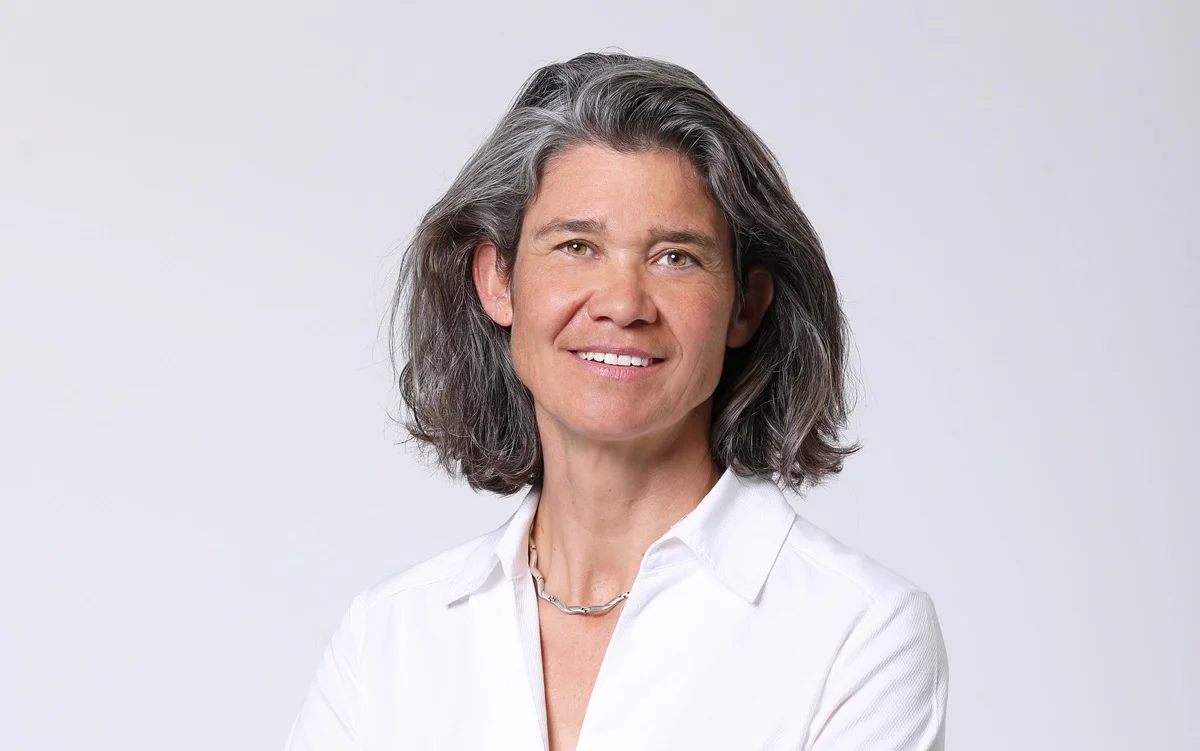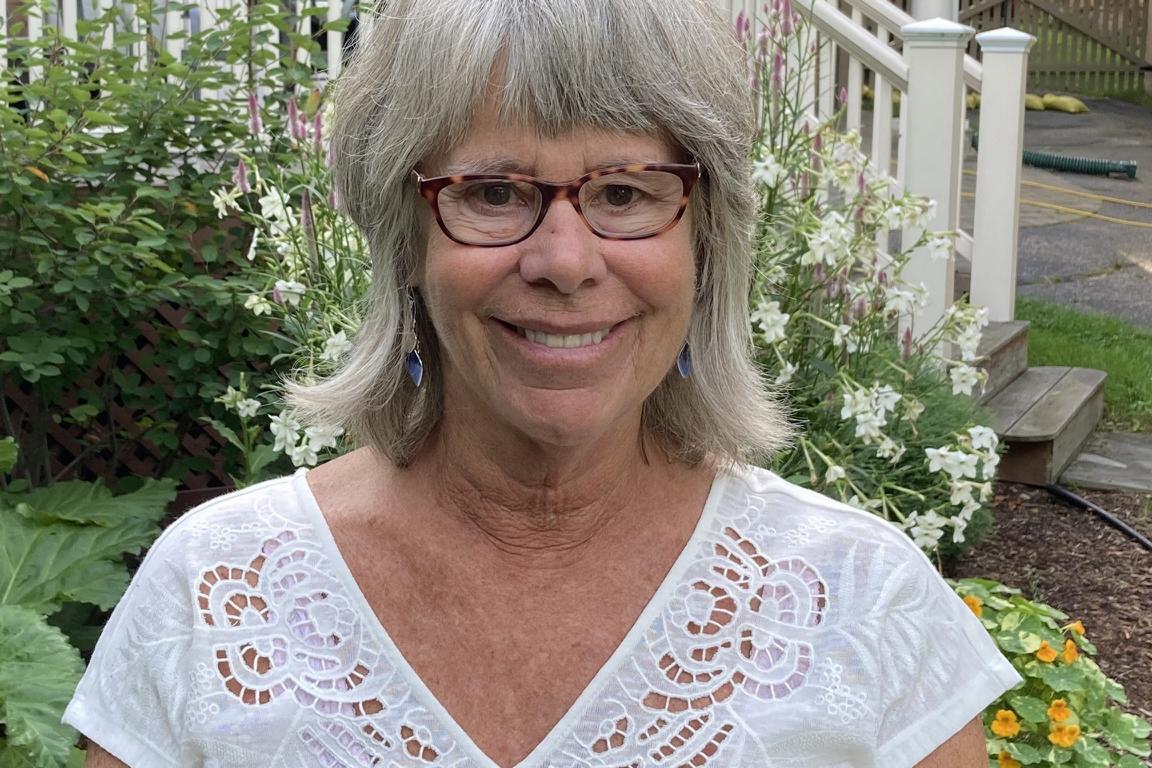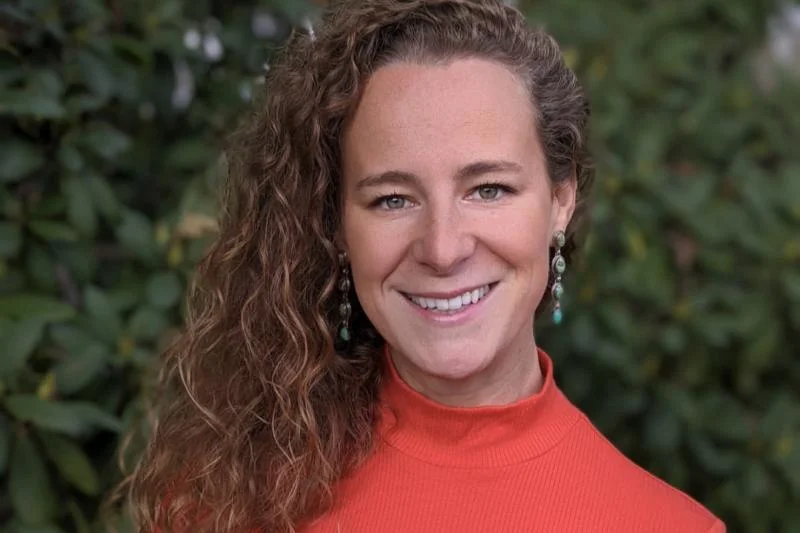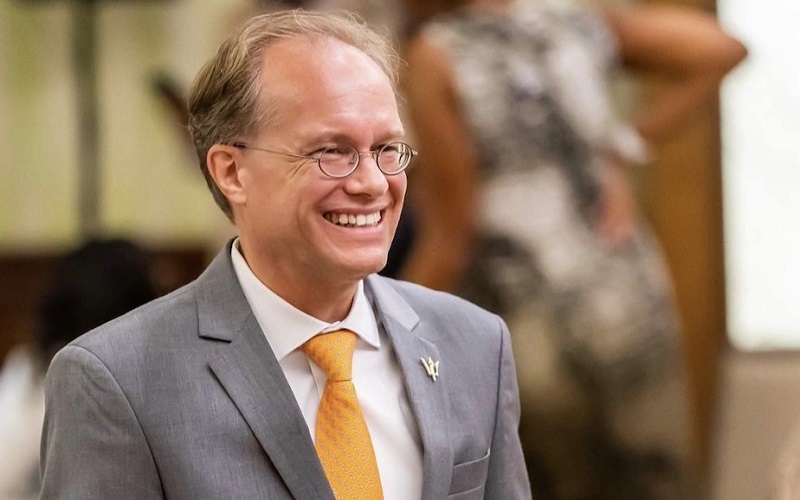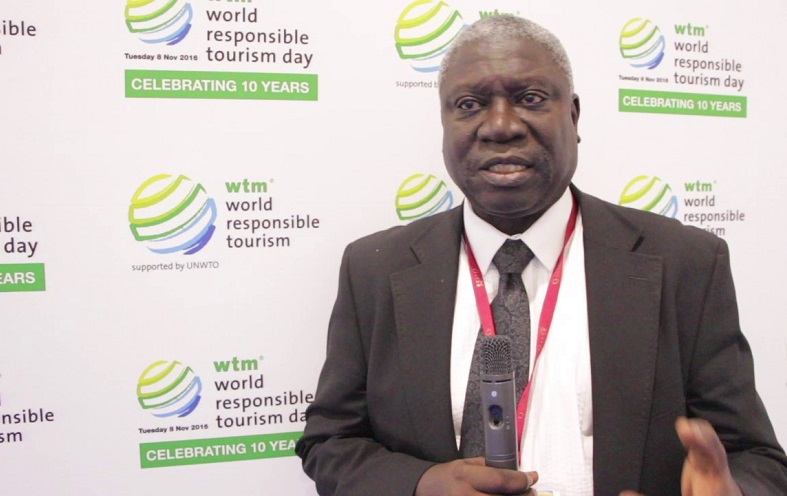
Adama Bah in this interview shares his experience of promoting responsible tourism practices in The Gambia and West Africa. He tells us why he decided to focus his career on tourism sustainability, and how the tourism industry would need to change to facilitate entrepreneurship in Africa and better involvement of local communities.
Adama, do you remember the first time you heard or thought about the sustainability of tourism?
In July 1994, we had a takeover of The Gambia Government by the military, bringing to power President Yaya Jammeh. This was followed by a travel warning by the British Foreign Office, advising its citizens against travelling to The Gambia. Scandinavian countries also issued a warning. This move brought the tourism sector in The Gambia to a complete halt.
I was back then working as a Personnel Manager at the Bungalow Beach Hotel and was faced with the situation of terminating the services of over 100 staff who just reported in October for the beginning of the tourist season. I had sleepless nights!
This experience made me think of issues of sustainability in tourism – if foreign governments can make it possible or impossible for tourists to visit or not to visit our country, then we need to look at ways to make our tourism less vulnerable and more sustainable.
From here I made plans to take voluntary retirement from my work and, in 1995, left to start a local NGO called Gambia Tourism Concern, with the main aim of advocating for sustainable tourism.
Having worked as a hotelier in The Gambia for 25 years – what made you decide to dedicate your career to the development and promotion of responsible tourism?
I left my job mainly to promote sustainable tourism out of frustration that tourism in The Gambia was controlled mainly by foreign powers and investors, with little participation of locals. In 1995, we organized the first sustainable tourism conference in The Gambia, looking at the role of small enterprises and community involvement in tourism.
In 1999, with sponsorship from Vocational Services Overseas (VSO), I attended the first Commission for Sustainable Development session on Sustainable Tourism at the United Nations in New York. Here I met Dr Harold Goodwin and invited him to The Gambia to a conference organized by Gambia Tourism Concern on Community Based Tourism.
It was after this conference when we applied to the UK Department for International Development (DFID) for a project aimed at improving the participation and income of informal, small businesses in tourism. This project made it possible for the participation and income of tourist taxi drivers, craft vendors, juice pressers, fruit vendors and local guides to be improved and recognized by Government and Industry as important partners.
At the end of the project term, we handed it to the Responsible Tourism Partnership (RTP), consisting of government represented by the Gambia Tourism Authority, private sector tourism associations and international tour operators. This partnership also helped the government to come up with a responsible tourism policy for The Gambia.
My motivation comes from seeing different stakeholders playing their part in practice to make local participation and gain come to fruition in The Gambia.
Which are the main topics or concerns linked to tourism sustainability at the moment in West Africa?
Tourism is a business. Our governments invest heavily sometimes at the expense of communities to make it possible for tourists to visit our destinations. Much of the financial resources used by our governments to invest in tourism are loans to build the required infrastructure. Who pays for these loans? It is the citizens of these destinations. As a business, we need to gain more than what is invested. This gain must translate into development and measures that deal with the poverty of our people. If not, what is the point?
Secondly, tourism should not destroy our culture and environment but must do everything to promote our cultural heritage and maintain our environment.
Lastly, the relationship between our tourist guests and locals in destinations must be based on respect, mutual harmony and genuine learning and sharing from each other, rather than a relationship based on exploitation.
Harold Goodwin in his interview made the point that “Knowing what is in the tourism books and journals is not enough and theory needs to be tested against experience.” Which businesses, destinations or projects in the West Africa region would you recommend tourism students to visit or check out, to learn about best practice on the ground?
All countries in West Africa are unique in themselves. However, I know and practice in The Gambia and Senegal more than any country in West Africa. So, I will recommend people to contact me for advice if they want to visit The Gambia or Senegal.
We are working on a new project call the Ninkinanka Trail. This is an interesting 5-day excursion where you visit a wide variety of natural and cultural heritage with communities along the river Gambia.
As the founder of the International Centre for Responsible Tourism-West Africa, do you notice a growing interest in tourism sustainability in Africa? Is there serious interest among destination managers, marketers and politicians to come together, collaborate and engage?
We are trying very hard to get this engagement going through the International Centre for Responsible Tourism –West Africa. However, it has not been an easy task. I can say not much in terms of collaboration between West African countries is realized so far. We will keep on pushing!
Africa has been “fed” for many years now with well-meaning development aid offered by governments and charities, a practice often criticized for undermining efforts to foster entrepreneurship and self-sufficiency. To your mind, which kind of actions or support from international organizations would be the most useful to help African communities to benefit from tourism as a source of income and a means of wildlife and nature conservation?
What we need is fair trade and where it is a charity, it should be designed to make us self-reliant economies, not aid or charities that are designed to make us more dependent. Our people must be trained to have the required skills and also make it possible for them to have the markets to sell their products. Tourism, if managed properly, can make this possible.
We should link-local production to the tourism market so that tourists will buy, eat and drink what is local.
How important is a destination’s sustainability performance nowadays for its competitiveness?
We need to translate who we are, what we want and the better future we need from tourism into simple attractive messages that make our destinations unique. For example, The Gambia is the people, their cultures and the environment.
We need to be honest with what we present –for example if The Gambia is branded as the “Smiling Coast” the smiles must not be plastic. A real smile means better working conditions for workers; doing something to deal with the negative impacts and so on. Nowadays, with social media, nothing is hidden anymore.
Which trends or changes do you observe in the international sustainable tourism community?
The trend is towards “local”, “neighbourhood” and “authentic” experiences. In The Gambia and Africa in general, we do not use this only as a marketing tool- this is who we are for real!
What role does destination branding and marketing play as facilitator (or inhibitor…) of more sustainable tourism?
As stated, what we need are simple, honest and unique messages to help tourists and locals play their part to make the destination a better place to live in and a better place to visit.
Looking back at your career so far, which three bits of advice can you share with newcomers to the field of sustainable tourism development in Africa?
Be informed; be persistent and critical where necessary. And be ready to dirty your hands to make a point.
Thank you, Adama.
More about the work of Adama Bah here.
Enjoyed our interview with Adama Bah on responsible tourism in The Gambia, Africa? Spread the word!

